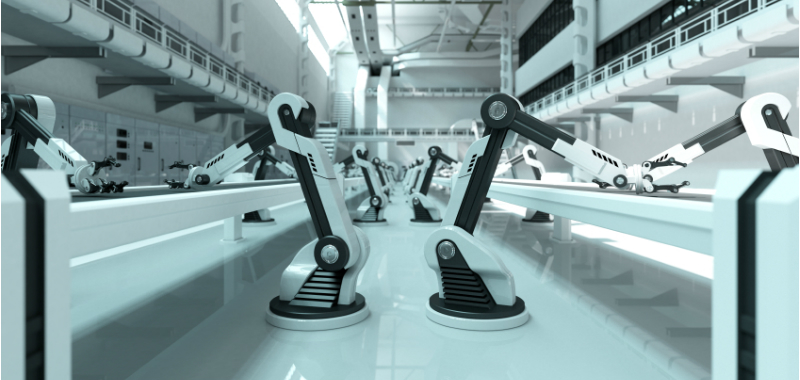Factories Of The Future
Factories of the future will be very different to the traditional labour intensive manufacturing plants of the past. Advances in High Performance Computing (HPC), data analytics and automation will transform the manufacturing process into a more smarter or intelligent manufacturing process. Factories of the future will rely on more sophisticated technologies making then smarter, safer and more environmentally friendly. Consequently, this will lead to a greater manufacturing value chain. Manufacturers will increasingly use this value chain to generate new revenue streams, with production playing a central role in allowing other value creating activities to occur. Products will be tailored to the customer; traceable throughout their service life; and recycled, re-engineered, or re-manufactured post consumer.
To achieve this, factories of the future will increasingly rely on next generation machine learning and knowledge based automation. These will be required to make sense of the large volume of detailed information captured by businesses including social media content and the internet of things, enabling organisations to understand customer preferences and personalise products.
The KPF together with our Machine Learning IP cores can provide the intelligence for implementing many Static and Mobile robotic functions. Parallel cognitive processing allows these tasks to be performed simultaneously and in real time. The ARTML IP cores provides manufacturing intelligence to implement intelligent cooperative automation and robotic control systems that support flexible, Competitive Sustainable Manufacturing (CSM). KPF features include:
- Modelling and simulation of all design processes allowing designers to assess and optimise complex products.
- Knowledge based applications to make decisions that optimise production and minimise costs.
- Knowledge fusion through the aggregation of production data from various data sources (data fusion).
- Agile factories that can respond quickly using interconnected systems to changes in products and customer demands.
- Improved production management with direct connection and monitoring of supply chain, distribution and business systems.
- Reduce waste.

